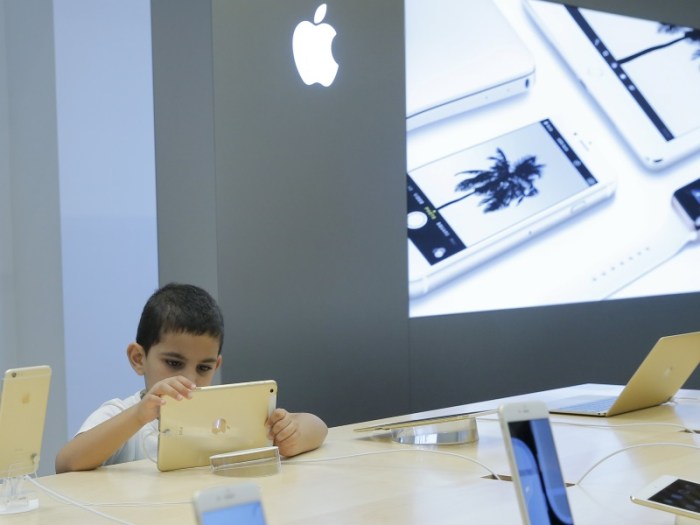German court apple swipe to unlock patent – In a landmark ruling, a German court has invalidated Apple’s “swipe to unlock” patent, sending shockwaves through the tech industry. This decision, which centers around the fundamental user interface element of unlocking mobile devices, has ignited a heated debate about intellectual property rights and the future of innovation.
The patent, which Apple had previously asserted against Samsung, was challenged by the German court on the grounds that it lacked novelty and inventive step. The court found that the “swipe to unlock” functionality was already well-established in the prior art, and that Apple’s implementation did not constitute a significant enough advance to warrant patent protection.
Comparative Analysis: German Court Apple Swipe To Unlock Patent
This section delves into the legal frameworks for patent protection in various countries and regions, highlighting similarities and differences. It also examines how the German court’s ruling on the Apple swipe-to-unlock patent might influence patent disputes in other jurisdictions. Lastly, the role of international cooperation in resolving patent disputes is discussed.
Legal Frameworks for Patent Protection
Patent laws vary significantly across jurisdictions, influencing the scope of protection and the requirements for obtaining a patent.
- United States: The United States Patent and Trademark Office (USPTO) grants patents based on a “first-to-invent” system, meaning the inventor who can prove they were the first to conceive of the invention is granted the patent. The US also has a robust system of patent litigation, allowing for significant damages to be awarded to patent holders whose rights are infringed.
- European Union: The European Patent Office (EPO) grants patents based on a “first-to-file” system, meaning the first person to file a patent application for an invention is granted the patent. The EPO’s patent system is harmonized across all EU member states, making it easier for businesses to obtain patent protection in multiple countries.
- China: China’s patent system has been rapidly evolving in recent years, with a focus on strengthening intellectual property rights protection. China also operates a “first-to-file” system, but the process for obtaining a patent can be complex and lengthy.
- Japan: Japan’s patent system is known for its strict requirements for patentability, including a high bar for novelty and inventive step. Japan also has a strong emphasis on enforcing patent rights through litigation.
Influence on Other Jurisdictions
The German court’s ruling on the Apple swipe-to-unlock patent could have a significant impact on patent disputes in other jurisdictions. For example, the court’s finding that the patent was invalid due to a lack of inventive step could be cited in similar cases involving user interface patents in other countries. This could lead to a more stringent interpretation of the inventive step requirement, making it more difficult for companies to obtain patents for user interface inventions.
International Cooperation in Patent Disputes, German court apple swipe to unlock patent
International cooperation plays a crucial role in resolving patent disputes. Organizations such as the World Intellectual Property Organization (WIPO) provide a framework for resolving disputes through mediation, arbitration, and other mechanisms. The Paris Convention for the Protection of Industrial Property, which is a multilateral treaty, also promotes international cooperation in patent matters. This convention ensures that patent holders can obtain protection for their inventions in multiple countries without having to file separate applications in each country.
Summary
The German court’s ruling on Apple’s “swipe to unlock” patent has far-reaching implications for the tech industry. It underscores the growing scrutiny of patent claims on fundamental user interface elements, prompting companies to reconsider their patent strategies and the potential for future legal challenges. The case also highlights the delicate balance between protecting innovation and fostering healthy competition in the development of new technologies.
The German court’s decision on Apple’s swipe-to-unlock patent raises interesting questions about the boundaries of intellectual property, especially in light of the rise of cheaper alternatives like the Chinese console knock-offs of Ouya, PS, and Xbox. While the German court’s ruling might seem like a victory for Apple, it could also create a precedent that could stifle innovation in the future.
 Securesion Berita Informatif Terbaru
Securesion Berita Informatif Terbaru
